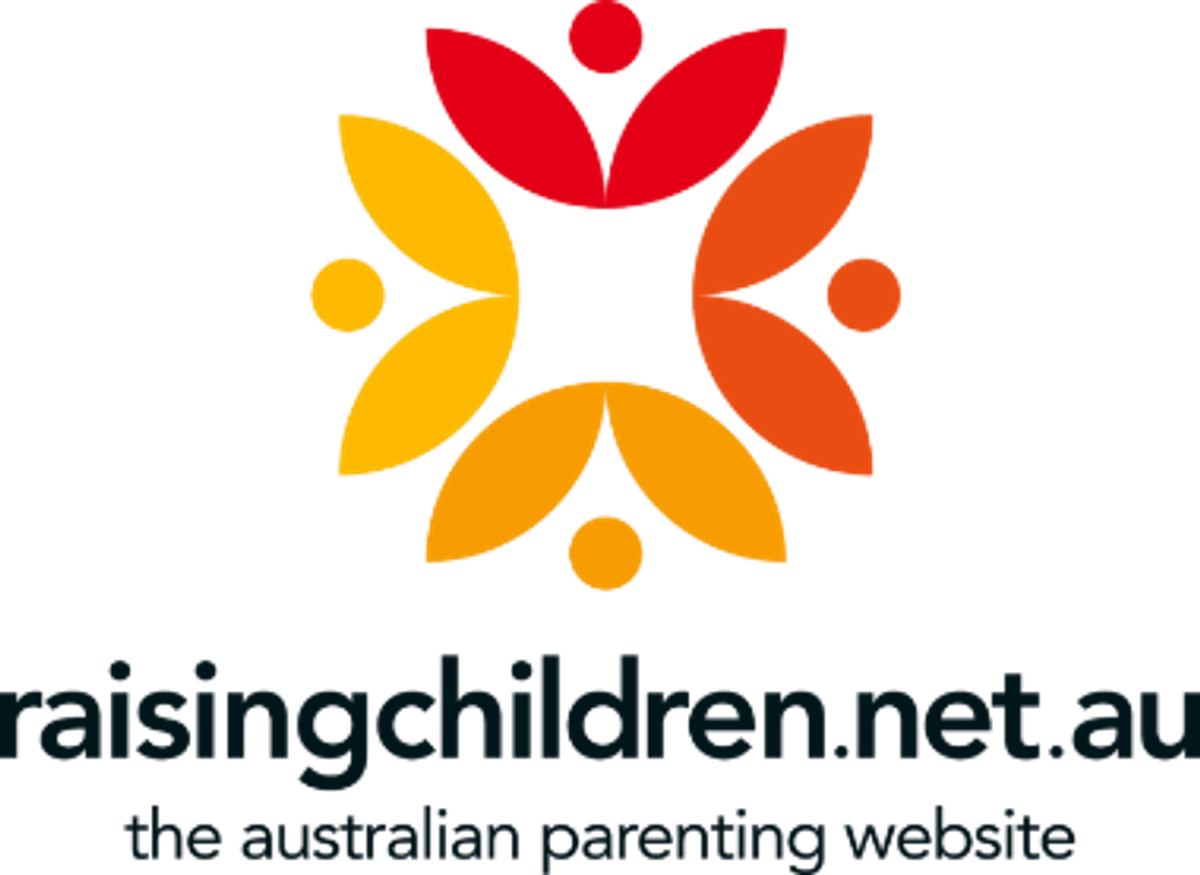Student Wellbeing Update/SWPBS

About sleep and learning
Good-quality sleep helps your child concentrate, remember things and behave well. This helps your child to be a successful learner.
Poor sleep or not enough sleep affects concentration, memory and behaviour, making it harder for your child to learn. Children who don’t sleep well are more likely to feel sleepy at school during the day and to have difficulties with learning.
Concentration and sleep
Children who are sleepy have trouble concentrating during the day. If your child can’t keep their attention on what they’re trying to learn, whether it’s climbing a tree at the park or singing a song at school, it will affect their learning.
Memory and sleep
Remembering things is part of learning. If your child is tired, it’s harder for your child to remember basic things like how to spell words, how to do maths calculations, or where to find information in a book or on the internet. It’s also harder for your child to remember how to do things like playing a musical instrument.
Our brains create and strengthen different types of memory while we’re asleep. For example, just before your child wakes in the morning, their brain is sorting and storing memories and information from the previous day and getting ready for the day ahead.
Behaviour and sleep
Sleepy children tend to have more problems with behaviour at preschool or school – and at home too!
For example, a sleepy and tired child might not cooperate in class or have difficulty following the teacher’s instructions. A sleepy child might miss out on learning because the teacher is busy managing the child’s behaviour. The child might also miss out on playing with other children if the other children don’t like the way the child is behaving.
If your child is having problems with their concentration, memory or behaviour, checking your child’s sleep is a good place to start. If you’re worried, or the problems go on for more than 2-4 weeks, talk to your GP or child and family health nurse.
Working on sleep problems to help with learning
Many children have sleep problems, which you can often manage with simple behaviour strategies.
A good place to start with sleep problems is your child’s sleep habits. Sometimes changing both daytime and night-time habits can make a big difference to your child’s sleep. For example, you might be able to reset your child’s body clock with a regular bedtime routine, morning sunlight, regular exercise and a healthy diet. If these strategies don’t help to reset your child’s body clock, it’s a good idea to talk about your child’s sleep problems with a health professional, like your GP.
It’s also worth looking at your child’s breathing during sleep. If your child continually snores, stops breathing during sleep, works hard to breathe, breathes through their mouth, tosses and turns at night, or sweats a lot overnight, it might be obstructive sleep apnoea. Obstructive sleep apnoea is another cause of sleep-related learning problems.
See your GP if you think your child’s sleep problems might be related to obstructive sleep apnoea or another medical condition, or if you’re worried your child might have a persistent sleep problem.
About 50% of sleep problems that start before a child starts school continue into the early years of school. You can support your child’s learning by dealing with sleep problems as they come up and helping your child develop good sleep habits.
A complete online resource
The Raising Children Network – raisingchildren.net.au – is a complete online resource for Australian parents and carers. It offers trusted, reliable, free information on everyday parenting issues from pregnancy through to teens.

